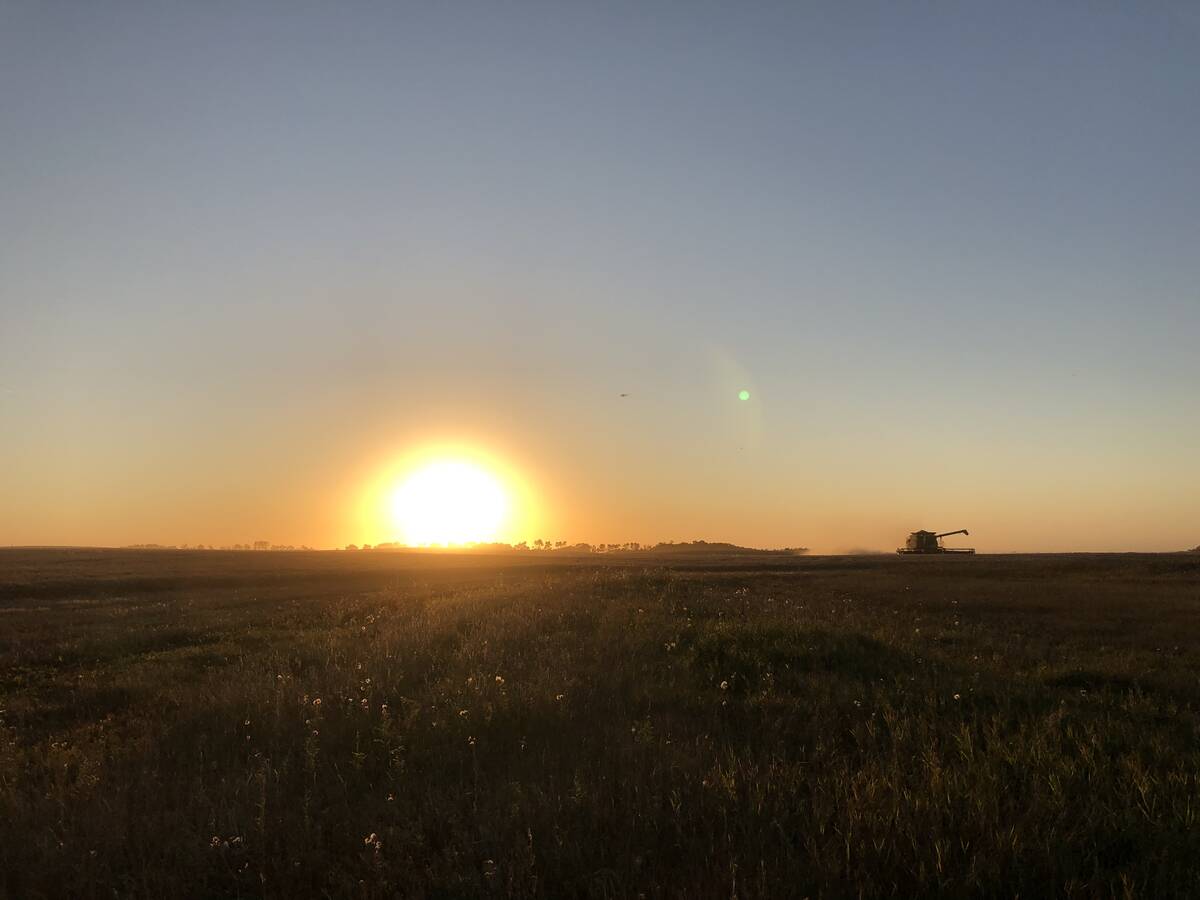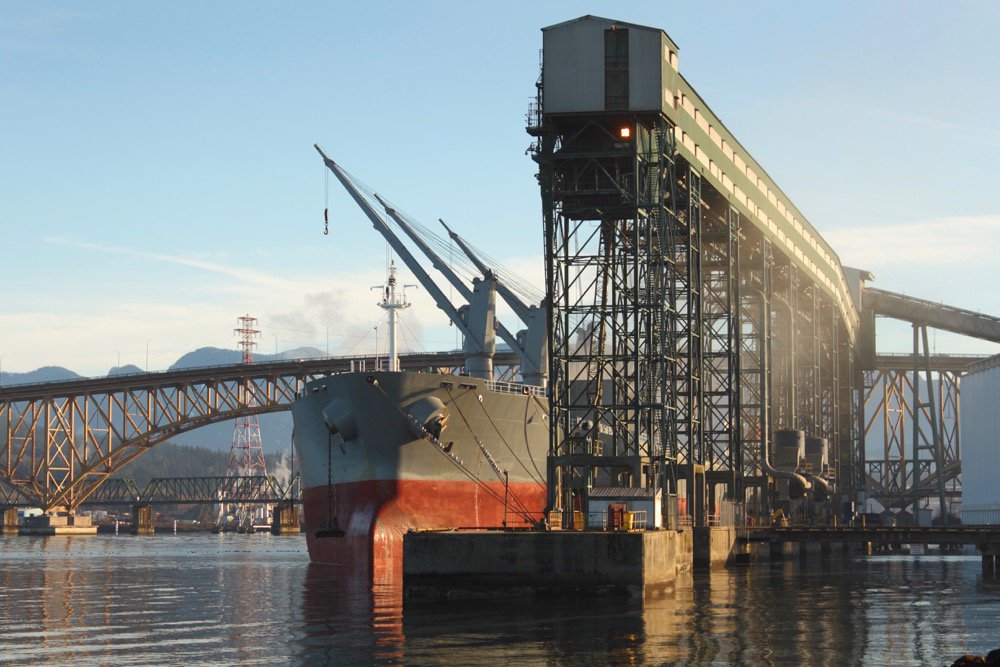MarketsFarm — The International Longshore and Warehouse Union (ILWU) is urging members at Canada’s West Coast ports to vote for a strike, as negotiations for a collective agreement have dragged on for over a year.
The union members’ vote takes place Wednesday and Thursday (May 8-9).
ILWU and the British Columbia Maritime Employers Association (BCMEA) have been bargaining since the collective agreement expired in March last year.
A letter from ILWU president Rino Voci explained that voting ‘yes’ to a strike does not mean a strike will happen immediately. Rather, it means unionized workers could go on strike within the next 60 days, with 72 hours of notice provided to the employer.
Read Also

Record large Canadian wheat and canola crops: Statistics Canada
Canadian wheat and canola production in 2025/26 (Aug/Jul) surpassed early expectations to hit new record highs, according to updated survey-based estimates from Statistics Canada released Dec. 4.
“A yes vote gives your negotiating committee the support it needs to bring us closer to getting a new industry agreement deal without a strike,” Voci wrote.
A strike could disrupt shipping activity at the Port of Vancouver. Longshoremen at Prince Rupert and on Vancouver Island, as well as ship and dock foremen in the Lower Mainland, are also included in ongoing negotiations.
The ports, located at Vancouver’s Burrard Inlet, Roberts Bank at Delta, and at Surrey serve many shipping lines that move Canadian products around the world. A strike could create a significant snafu for Canada’s agricultural commodity exports.
“Any extended strike would quickly back up grain shipping into the Prairies,” said Mike Jubinville of MarketsFarm.
“The biggest portion of Canada’s annual grain shipping season has passed, but plenty of grain still flows this time of year.”
In a worst-case scenario, significantly delayed shipments would result in grain elevators backing up, and cash basis prices widening.
— Marlo Glass writes for MarketsFarm, a Glacier FarmMedia division specializing in grain and commodity market analysis and reporting.












